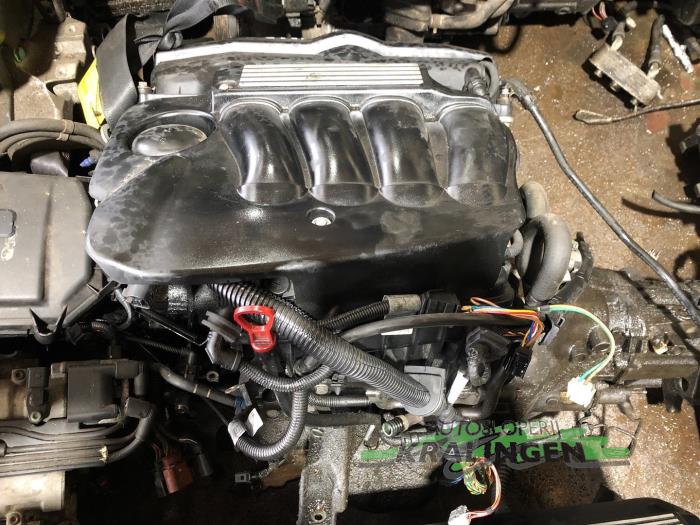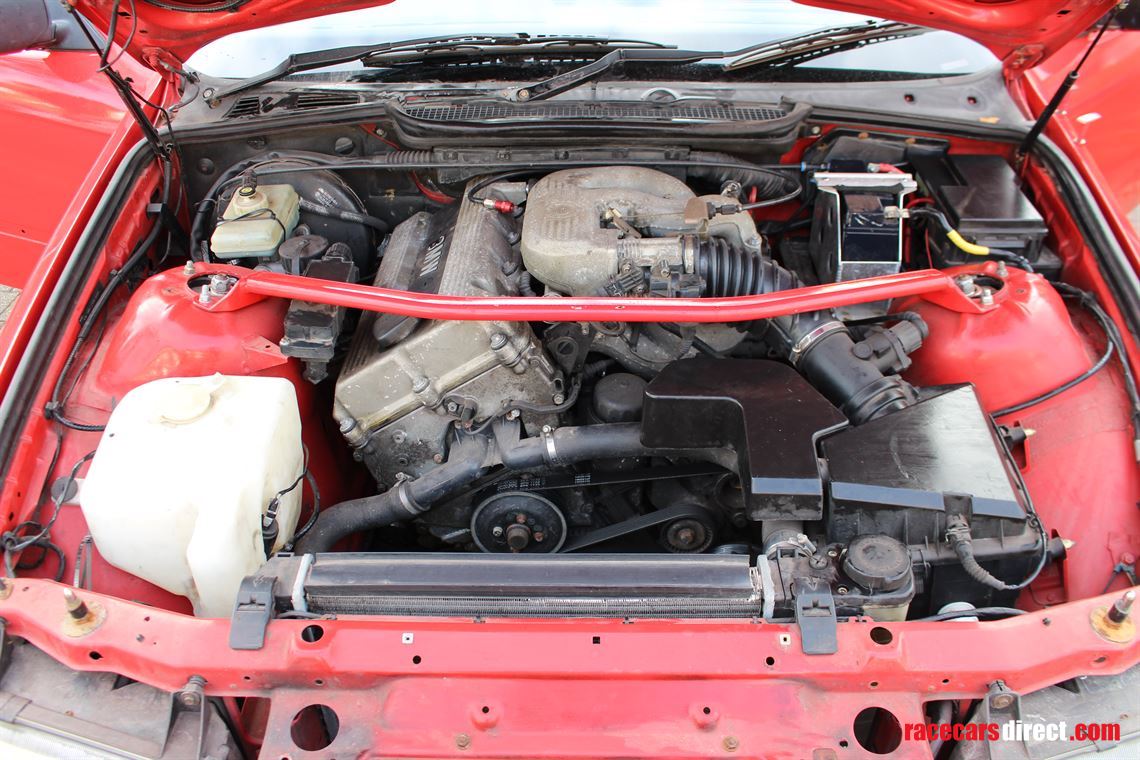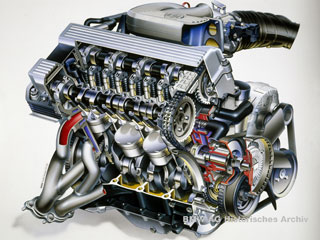Why the BMW 318ti Is a Leading Selection for Vehicle Lovers
Why the BMW 318ti Is a Leading Selection for Vehicle Lovers
Blog Article
Crucial Factors To Consider for Selecting the Best Engine for Your Demands
In the realm of picking the excellent engine to meet your requirements, several important factors demand precise factor to consider to make certain optimum efficiency and efficiency. From the nuanced balance between power and performance to the often-overlooked aspects of maintenance and service demands, each aspect plays an essential function in establishing the most ideal engine for your details needs.
Power and Efficiency
When examining engines for optimum performance, it is vital to focus on both power result and efficiency. Effectiveness refers to just how well the engine converts fuel right into useful energy. By thoroughly reviewing both power and efficiency, you can choose an engine that provides optimum efficiency and meets your requirements successfully.
Gas Efficiency and Economic Climate
Fuel efficiency refers to the engine's ability to transform fuel into energy with minimal waste, straight influencing operating expenses and environmental sustainability. Engines with higher gas performance not only decrease gas expenditures however likewise decrease carbon emissions, adding to a greener procedure.

Compatibility and Application
Taking into consideration the gas efficiency and economic situation of an engine, the following important aspect to address is its compatibility and application within specific operational contexts. Compatibility refers to how well the engine integrates with the total system or devices it powers.
Various engines are made for specific purposes, whether it be commercial equipment, aquatic vessels, autos, or power generators. Recognizing the desired application permits for the option of an engine that can provide the necessary power outcome, torque, and operational qualities.
Upkeep and Solution Requirements
Maintenance and solution requirements play a vital role in guaranteeing the long life and optimal performance of an engine. Routine upkeep is important to stop failures, extend the life expectancy of the engine, and preserve its performance. When picking an engine, it is essential to think about the maker's recommended maintenance routine and the accessibility of solution facilities or certified technicians.
Elements such as the frequency of oil modifications, filter replacements, and general assessments can dramatically influence the engine's efficiency. Some engines might call for even more constant maintenance based upon their layout and use, while others may have longer intervals in between upkeep checks. It is essential to stick to these solution needs to stay clear of pricey fixings and unforeseen downtime.

Cost and Spending Plan Factors To Consider
When picking an engine for a specific application,Budget restraints typically play a significant duty in the decision-making process. When taking into consideration the expense and budget ramifications of choosing an engine, it is crucial to evaluate not just the preliminary purchase cost but likewise the long-term costs connected with upkeep, fuel intake, and potential upgrades or repair services. It is essential to strike an equilibrium between the in advance price of the engine and its overall lifecycle prices to ensure that the selected engine continues to be financially lasting throughout its functional lifespan.
Aspects such as gas longevity, efficiency, and dependability can directly affect the overall price of possession of an engine. While an extra pricey engine might have higher upfront costs, it might potentially lead to reduced upkeep and gas costs with time, hence offering better value in the future. Additionally, thinking about the accessibility and expense of spare parts, in addition to the simplicity of maintenance and service, can help protect against unanticipated economic pressure in the future. By carefully evaluating these cost and budget factors to consider, you can make an enlightened choice that straightens with your monetary restrictions and operational requirements.
Verdict

Gas efficiency refers to the engine's capability he has a good point to transform fuel into power with marginal waste, straight affecting operating prices and environmental sustainability.Elements affecting gas efficiency include engine style, burning efficiency, and general efficiency optimization. In addition, selecting the suitable gas kind and quality blog here as recommended by the engine producer can additionally boost performance and prolong engine lifespan.
Engines with good use attributes and conveniently offered parts can reduce maintenance expenses and reduce the time the engine is out of procedure - bmw 318ti. It is critical to strike a balance between the upfront cost of the engine and its overall lifecycle costs to guarantee that the selected engine stays economically lasting throughout its operational life expectancy
Report this page